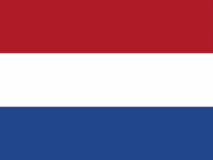Free shipping from €50 - Protective packaging against damage - Ordered today, delivered fast - Return within 30 days
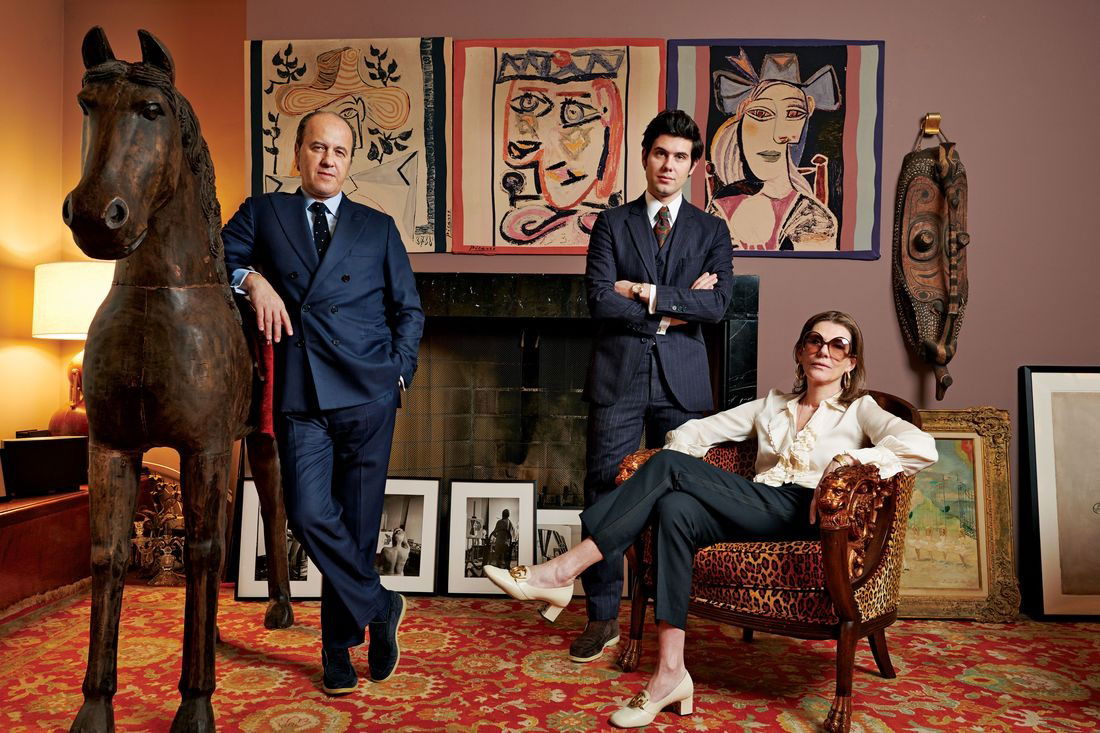
The success of Assouline, publisher of luxury coffee table books, seems unstoppable
Two decades ago, when Assouline, a leading supplier of luxury coffee table books, opened its first branded branch on the seventh floor of Bergdorf Goodman in New York, Prosper Assouline, one of the company's founders, experienced an epiphany of sorts.
"I noticed that luxury consumers were willing to spend $650 on shoes," he said in a recent interview via video from his home in Paris. A compact man with a penchant for precision tailoring, Mr. Assouline recalled that books - at least the kind that find a place on coffee tables or on carefully curated and color-coordinated shelves - were selling for a relatively paltry price of $60 to $75 at the time. Mr. Assouline quickly saw an opportunity and created a special edition on the Indian state of Rajasthan, printed on cotton and hand wrapped in an antique sari. The price at the time was an astronomical $600, which today would be about $2,000.
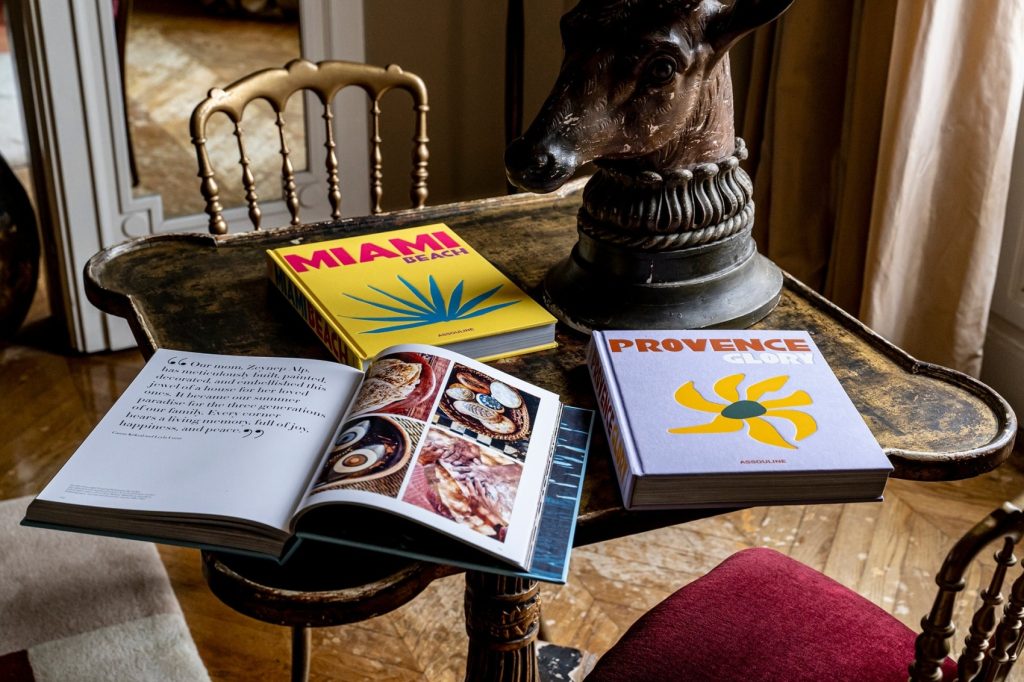
"It was really a couture book," said Robert Burke, a former Bergdorf director who is now a luxury consultant and counts Assouline among his clients. "We sold them as fast as Prosper could package them," Burke recalled.
High prices and increasingly opulent productions seem to be in line with a time-tested retail wisdom: At the top end of the market, you are only as valuable as the company you keep.
This is a principle the company still follows. The Assouline family - Prosper and Martine, the French founders and their 30-year-old son Alexandre - produces and sells titles, some 2,000 in the 30 years since its founding. They cover art history, fashion, interiors, travel, society and sports.
The most expensive, The Ultimate Collection - limited edition volumes, some the size of small coffee tables and bound in leather or encased in velvet or pigskin - are sold in the five-figure range. A special edition on Versailles, presented in a velvet case, and priced at $4,900, is offered with a private tour of the chateau's interior.
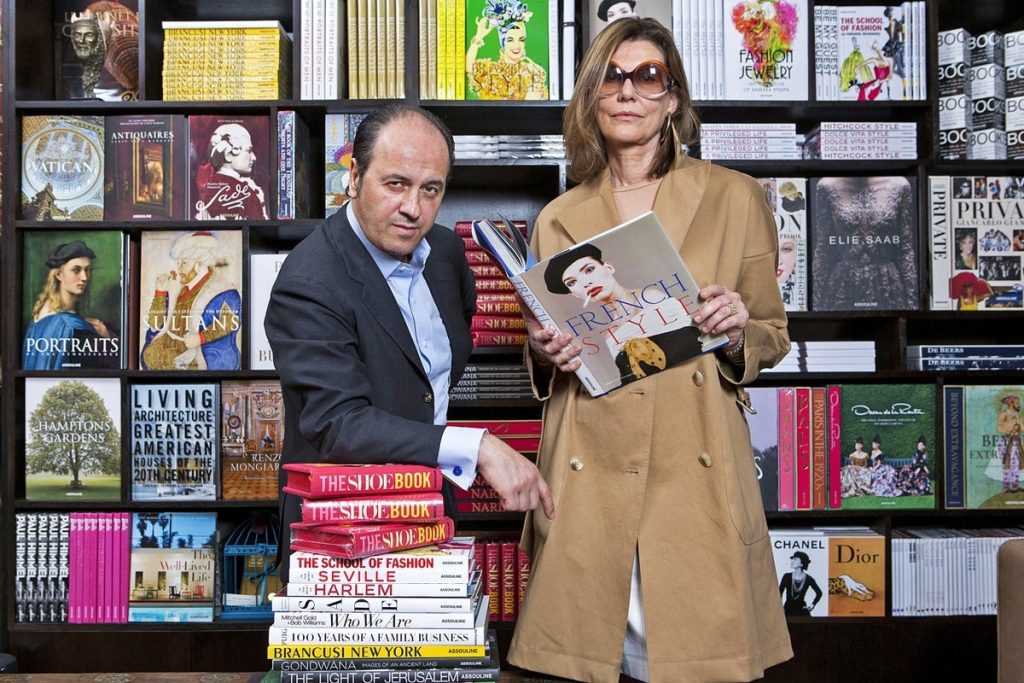
According to the younger Mr. Assouline, the brand aims for nothing less than the equivalent of a Hermès Birkin in the book world: collectible, highly desirable and priced according to what the market can bear.
The privately held company, in which LVMH has a minority stake, celebrates its 30th anniversary this month. Although the family declines to share specific data on revenue or volume, it says Assouline is profitable.
Assouline has 18 independent stores worldwide, including Maison Assouline, its gold-plated flagship store in London, and a second flagship soon to open in Riyadh, Saudi Arabia, with 10,000 square feet of space and an upscale restaurant. It also has boutiques in hotels such as the Plaza Athénée in Paris and the Peninsula in Hong Kong.
Among the most successful books in the stores are the Assouline travel books, bought as souvenirs and as lures for home travelers. "These people want to be part of the world, whether it's the Sistine Chapel, the Louvre or Versailles," Kaplan said. Assouline-limited editions, including a $1,200 book on Rolex, remain popular, he added. "People are buying them as design elements for their homes."
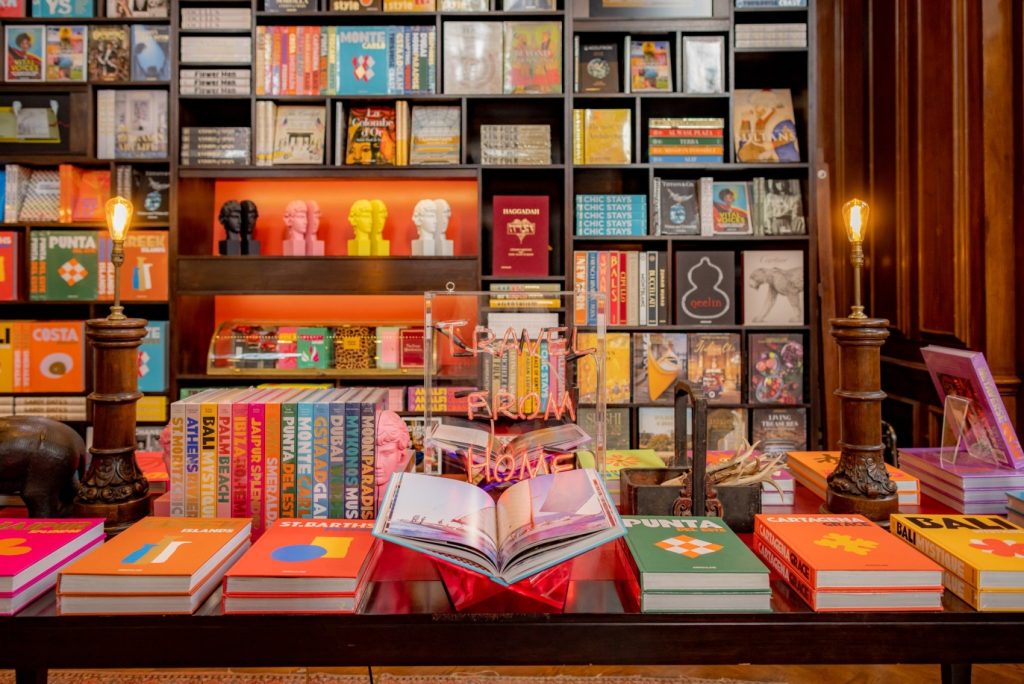
The brand's newest branch, an independent boutique on Madison Avenue and 62nd Street in New York, has a small bar and outdoor cafe. The interior, a colorful but somewhat austere mix of consoles with marble tops, Persian rugs, sculptures and towering bookshelves, does not invite casual browsing. The shelves are neatly arranged with books from the company's popular travel series - Miami, Provence and Dubai, among others - and the small, relatively affordable monographs on Dior, Alaïa and other well-known fashion brands on which the brand built its early success.
"We're not just focused on commercial success," Alex Assouline said. "We bring art and intellect to shopping." A lofty claim, but one that resonates with perceived consumer needs. Illustrated books, publishers' favorite term for coffee-table books often seen in hotels, offices and private homes.
"Coffee table books help identify the owner; instead of showing the intellectual curiosity of the owner, they talk about social hipness and fashionability."
Source: New York Times
